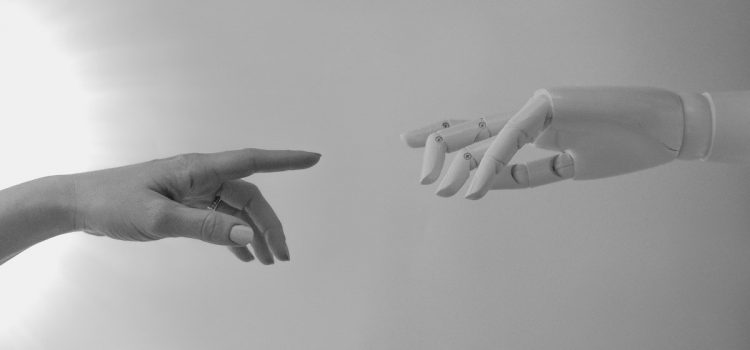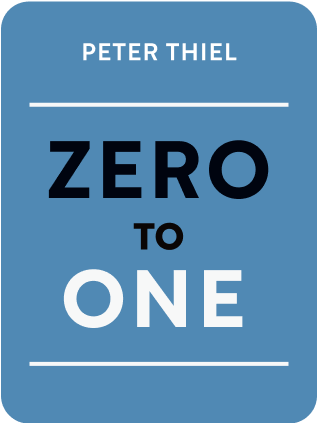

This article is an excerpt from the Shortform summary of "Zero To One" by Peter Thiel. Shortform has the world's best summaries of books you should be reading.
Like this article? Sign up for a free trial here .
Are humans and technology in competition with each other? Can computers do whatever humans can do? Will AI take over the world?
According to Peter Thiel, the author of Zero to One, humans and technology don’t compete with each other—they complement each other. In the job market, computers don’t eliminate the need for human workers; they just empower human workers to be more productive. And, in the resource market, computers don’t compete with humans for resources, because computers are not consumers.
Here’s why the concern of competition is irrelevant.
Humans and Technology
In Thiel’s view, the concern that technology might compete with us for resources stems primarily from a popular misconception that computers can be trained to do anything that humans do. He acknowledges that many computer scientists, particularly in academia, have devoted significant study to the problem of teaching computers to perform tasks that would otherwise be done by humans, but he points out that if anything, these studies only highlight the fact that humans and computers excel at different kinds of tasks. Even a low-end computer can solve arithmetic problems thousands of times faster than the world’s leading mathematicians. But by the same token, even a child easily outperforms the world’s leading supercomputers at tasks like object recognition and value judgments.
Thiel argues that developing new technology is the solution to the problem of competition. He addresses the concern that technology itself might begin competing with humans for resources and offers his perspective on artificial intelligence and its capabilities.
Leveraging Complementary Capabilities
Furthermore, Thiel asserts that because humans and computers excel at different kinds of tasks, businesses can combine their respective strengths to provide unique capabilities. As an example of this, he discusses Palantir, a software business that he co-founded.

———End of Preview———
Like what you just read? Read the rest of the world's best summary of Peter Thiel's "Zero To One" at Shortform .
Here's what you'll find in our full Zero To One summary :
- Why some companies genuinely move the world forward when most don't
- How to build a company that becomes a monopoly (and why monopolies aren't bad)
- Silicon Valley secrets to selling products and building rockstar teams






